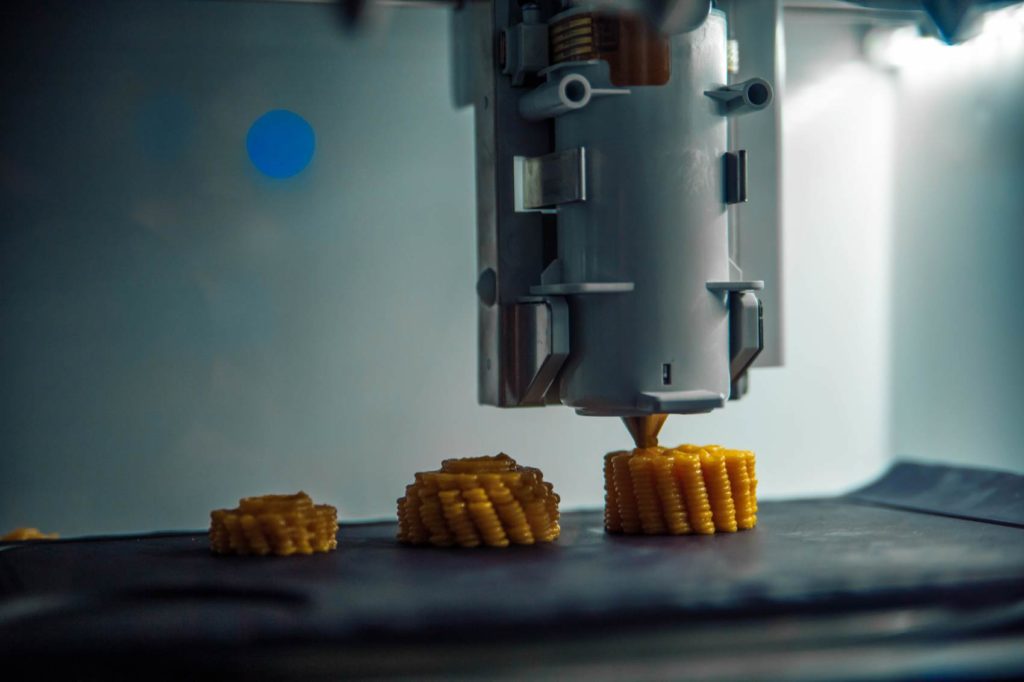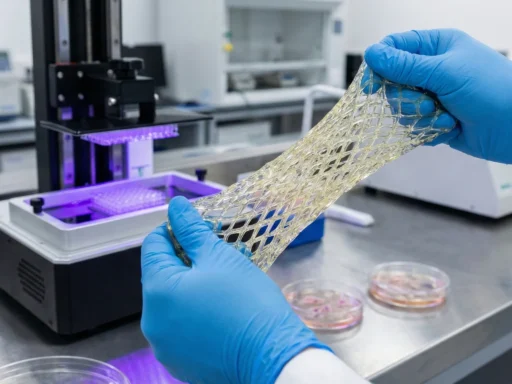A recent study has explored South African consumers’ perceptions of 3D printed food, an innovation that has been expected to redefine how meals are prepared and consumed, as reported by The Conversation.
3D food printing creates edible products layer by layer using nutrient-rich pastes made from pureed vegetables, doughs, or slurries, allowing for meals tailored in appearance, texture, and nutrition. Nowadays, virtually any food – from pasta to chocolate to meat – can be 3D printed, creating a range of possibilities for individuals and businesses worldwide. Beyond convenience and customization, this technology brings hope with its sustainability benefits by repurposing food waste and enhancing nutrition for people with special dietary needs, including those with swallowing difficulties.
While global adoption of the technology is projected to reach US$7.1 billion by 2034, the idea remains novel in many parts of the world, including South Africa. University of Johannesburg researchers Oluwafemi Ayodeji Adebo, specializing in food science and technology, and Nicole Cunningham, studying marketing, conducted a survey to explore consumer attitudes in the country.
Surveying 355 participants aged 18-65, they found that respondents who were aware of the health and convenience benefits of 3D printed food were more open to it. Concept acceptance was closely connected to understanding how the technology works and whether it is safe and useful.
The findings indicated a need for greater public education: should consumers be given more exposure, whether through tastings, demos, or transparent messaging, the attitudes could shift significantly. supports this by international examples, where informed marketing campaigns have improved public perception of novel food technologies.
As the technology develops, South Africa could leverage its diverse, nutrient-rich crops, such as sorghum, quinoa, and cowpea, and produce local 3D printed foods. With targeted investment, the technology could be instrumental in addressing food security and personalized nutrition.





